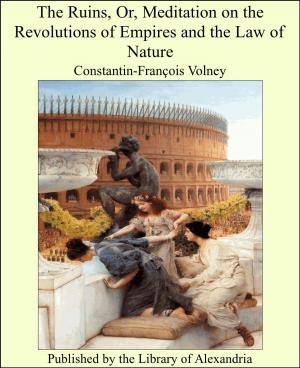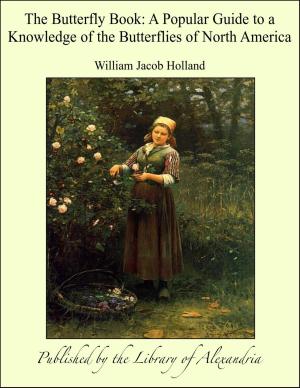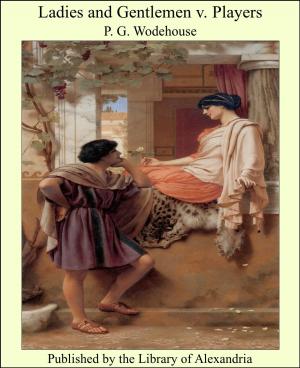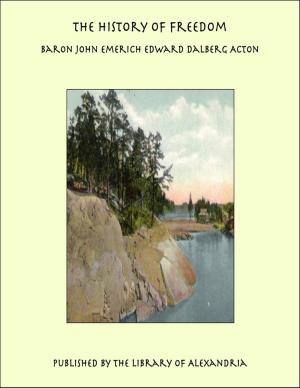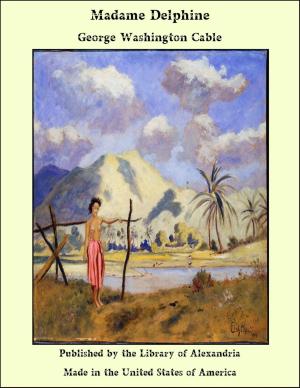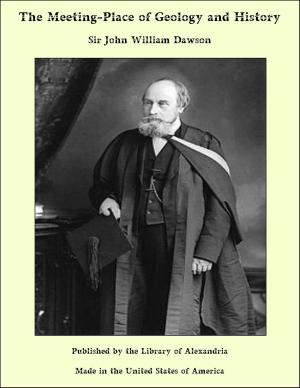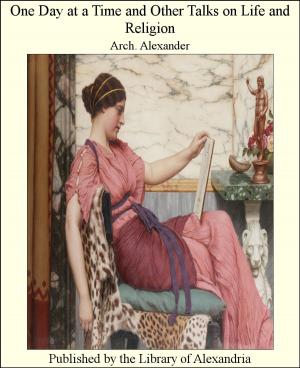The New Education: A Review of Progressive Educational Movements of the Day (1915)
Nonfiction, Religion & Spirituality, New Age, History, Fiction & Literature| Author: | Scott Nearing | ISBN: | 9781465602572 |
| Publisher: | Library of Alexandria | Publication: | March 8, 2015 |
| Imprint: | Language: | English |
| Author: | Scott Nearing |
| ISBN: | 9781465602572 |
| Publisher: | Library of Alexandria |
| Publication: | March 8, 2015 |
| Imprint: | |
| Language: | English |
During 1910, 1911, and 1912, as a part of a general plan to write a book on education, I reread a great deal of the classical educational literature, and carefully perused most of the current material in magazine and book form. An interest aroused by undergraduate and graduate work in the department of pedagogy had been whetted by the revolutionary activity in every field of educational endeavor. The time seemed ripe for an effective piece of constructive educational writing, yet I could not see my way clear to begin it. Glaring faults there were; remedies appeared ready at hand and easy of application; the will of an aroused public opinion alone seemed to be lacking. By what method could this wheel horse of reform best be harnessed to the car of educational progress? I was still seeking for an answer to this riddle when the editors of “The Ladies’ Home Journal” asked me to consider the preparation of a series of articles. “We have done some sharp destructive work in our criticisms of the schools,” they said. “Now we are going to do some constructive writing. We are in search of two things:—first, a constructive article outlining in general a possible scheme for reorganizing the course of study; second, a series of articles describing in a readable way the most successful public school work now being done in the United States. We want you to visit the schools, study them at first-hand, and bring back a report of the best that they have to offer. When your investigation is completed, we shall expect you to write the material up in such a form that each reader, after finishing an article, will exclaim, There is something that we must introduce into our schools.’”
During 1910, 1911, and 1912, as a part of a general plan to write a book on education, I reread a great deal of the classical educational literature, and carefully perused most of the current material in magazine and book form. An interest aroused by undergraduate and graduate work in the department of pedagogy had been whetted by the revolutionary activity in every field of educational endeavor. The time seemed ripe for an effective piece of constructive educational writing, yet I could not see my way clear to begin it. Glaring faults there were; remedies appeared ready at hand and easy of application; the will of an aroused public opinion alone seemed to be lacking. By what method could this wheel horse of reform best be harnessed to the car of educational progress? I was still seeking for an answer to this riddle when the editors of “The Ladies’ Home Journal” asked me to consider the preparation of a series of articles. “We have done some sharp destructive work in our criticisms of the schools,” they said. “Now we are going to do some constructive writing. We are in search of two things:—first, a constructive article outlining in general a possible scheme for reorganizing the course of study; second, a series of articles describing in a readable way the most successful public school work now being done in the United States. We want you to visit the schools, study them at first-hand, and bring back a report of the best that they have to offer. When your investigation is completed, we shall expect you to write the material up in such a form that each reader, after finishing an article, will exclaim, There is something that we must introduce into our schools.’”


